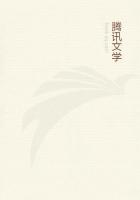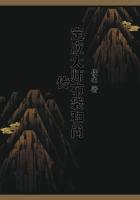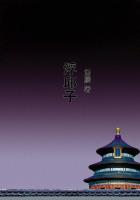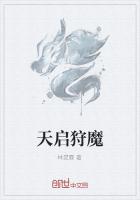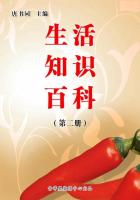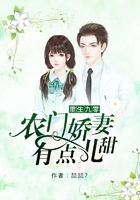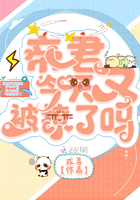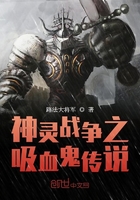We found him a place as cash-boy in a department store for two dollars a week. He held it for three years, although his enthusiasm failed somewhat as the months went by, and he gradually discovered how little help his wages were to the family exchequer after his carfare, decent clothes and unending pairs of shoes were paid for. Before the end of the third year he had become listless and indifferent to his work, in spite of the increase of fifty cents a week. In the hope that a change would be good for him, a place as ele-( 160)-vator-boy was secured. This he was unable to keep, and then one situation after another slipped through his grasp, until a typhoid fever which he developed at the age of fifteen, seemed to explain his apathy.
After a long illness and a poor recovery, he worked less well. Finally, at the age of sixteen, when he should have been able really to help the little family and perhaps be its main support, he had become a professional tramp, and eventually dropped completely from our knowledge. It was through such bitter lessons as these we learned that good intentions and the charitable impulse do not always work for righteousness; that to force the moral nature of a child and to put tasks upon him beyond his normal growth, is quite as cruel and disastrous as to expect his undeveloped muscle to lift huge weights.
Adolescence is filled with strange pauses of listlessness and dreaminess.
At that period the human will is perhaps further away from the desire of definite achievement than it ever is again. To work ten hours a day for six days in a week in order to buy himself a pair of stout boots, that he may be properly shod to go to work some more, is the very last thing which really appeals to a boy of thirteen or fourteen. If he is forced to such a course too often, his cheated nature later re-( 161) asserts itself in all sorts of decadent and abnormal ways.
An enlightened state would also concern itself with the effect of child labor upon the parents. We have in Chicago a great many European immigrants, people who have come from country life in Bohemia or the south of Italy, hoping that their children will have a better chance here than at home.
In the old country these immigrants worked on farms which provided a very normal activity for a young boy or girl. When they come to Chicago, they see no reason why their children should not go to work, because they see no difference between the normal activity of their own youth and the grinding life, to which they subject their children. It is difficult for a man who has grown up in outdoor life to adapt himself to the factory. The same experience is found in the South with the men who come to the textile towns from the little farms. They resent monotonous petty work, and get away from it; they will in preference take more poorly paid work, care of horses or janitor service_ work which has some similarity to that to which they have been accustomed. So the parents drop out, and the children, ****** the adaptation, remain, and the curious result ensues of the head of the household becoming dependent ( 162) upon the earnings of the child. You will hear a child say, "My mother can't say nothing to me. I pay the rent ;" or, "I can do what I please, because I bring home the biggest wages." All this tends to break down the normal relation between parents and children. The Italian men who work on the railroads in the summer find it a great temptation to settle down in the winter upon the wages of their children. A young man from the south of Italy was mourning the death of his little girl of twelve; in his grief he said, quite simply, "She was my oldest kid. In two years she could have supported me, and now I shall have to work five or six years longer until the next one can do it." He expected to retire permanently at thirty-four. That breaking down of the normal relation of parent and child, and the tendency to demoralize the parent, is something we have no right to subject him to. We ought to hold the parent up to the obligation which he would have fulfilled had he remained in his early environment.
A modern state might rightly concern itself with the effect of child labor upon industry itself. There has been for many years an increasing criticism of the modern factory system, not only from the point of view of the worker, but from the point of view of the product itself. It has ( 163) been said many times that we can not secure good workmanship nor turn out a satisfactory product unless men and women have some sort of interest in their work, and some way of expressing that interest in relation to it. The system which makes no demand upon originality, upon invention, upon self-direction, works automatically, as it were, towards an unintelligent producer and towards an uninteresting product. This was said at first only by such artists and social reformers as Morris and Ruskin;but it is being gradually admitted by men of affairs and may at last incorporate itself into actual factory management, in which case the factory itself will favor child labor legislation or any other measure which increases the free and full development of the individual, because he thereby becomes a more valuable producer. We may gradually discover that in the interests of this industrial society of ours it becomes a distinct loss to put large numbers of producers prematurely at work, not only because the community inevitably loses their mature working power, but also because their "free labor quality," which is so valuable, is permanently destroyed.

